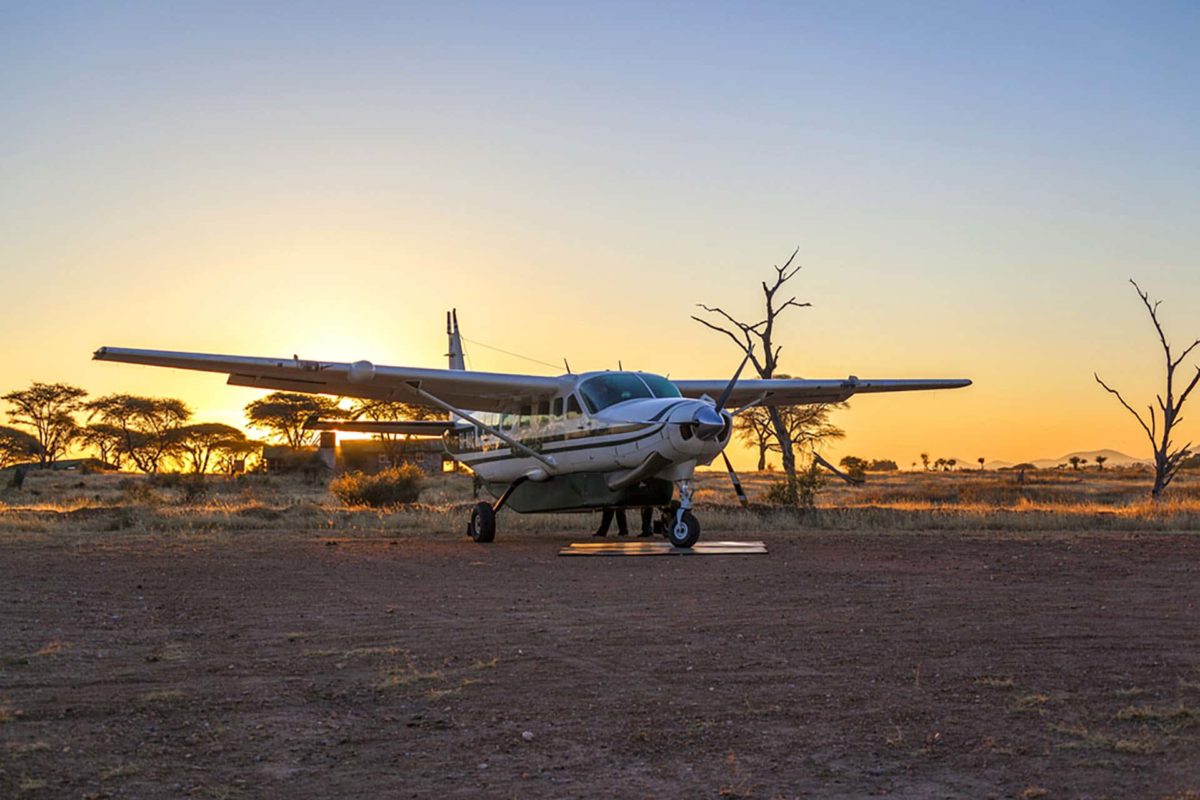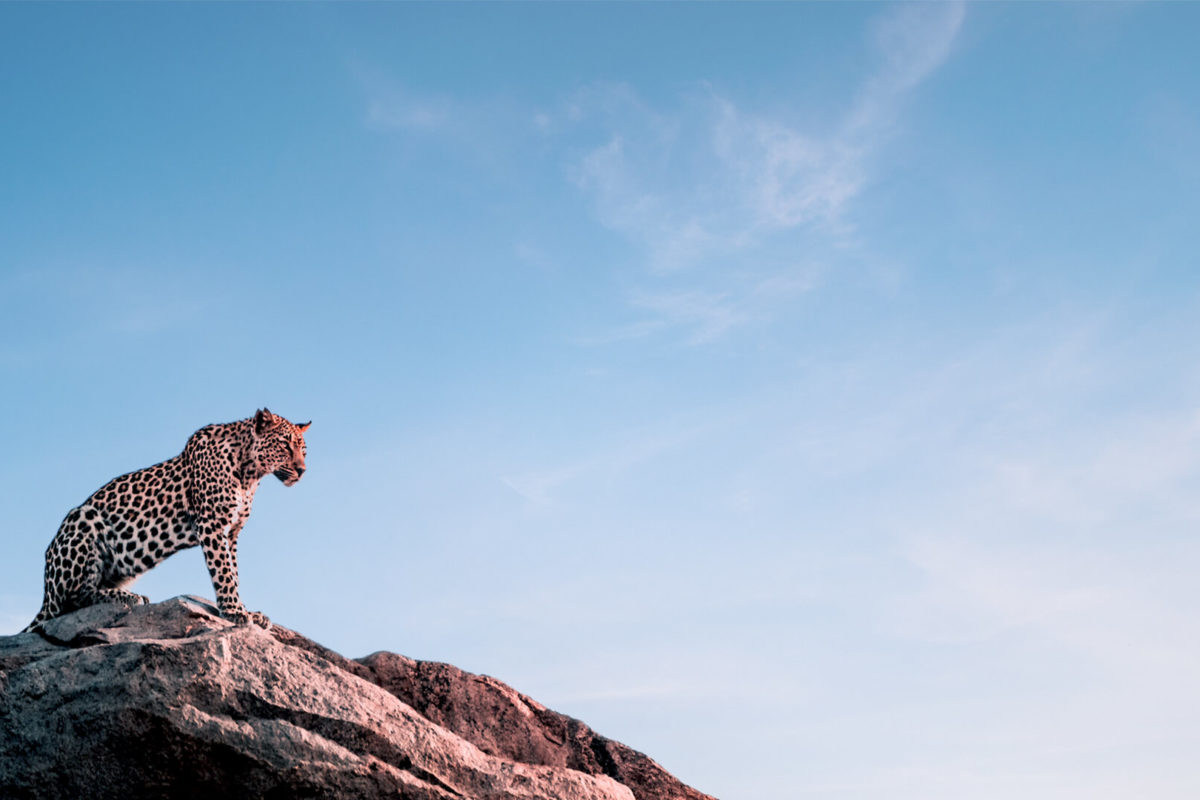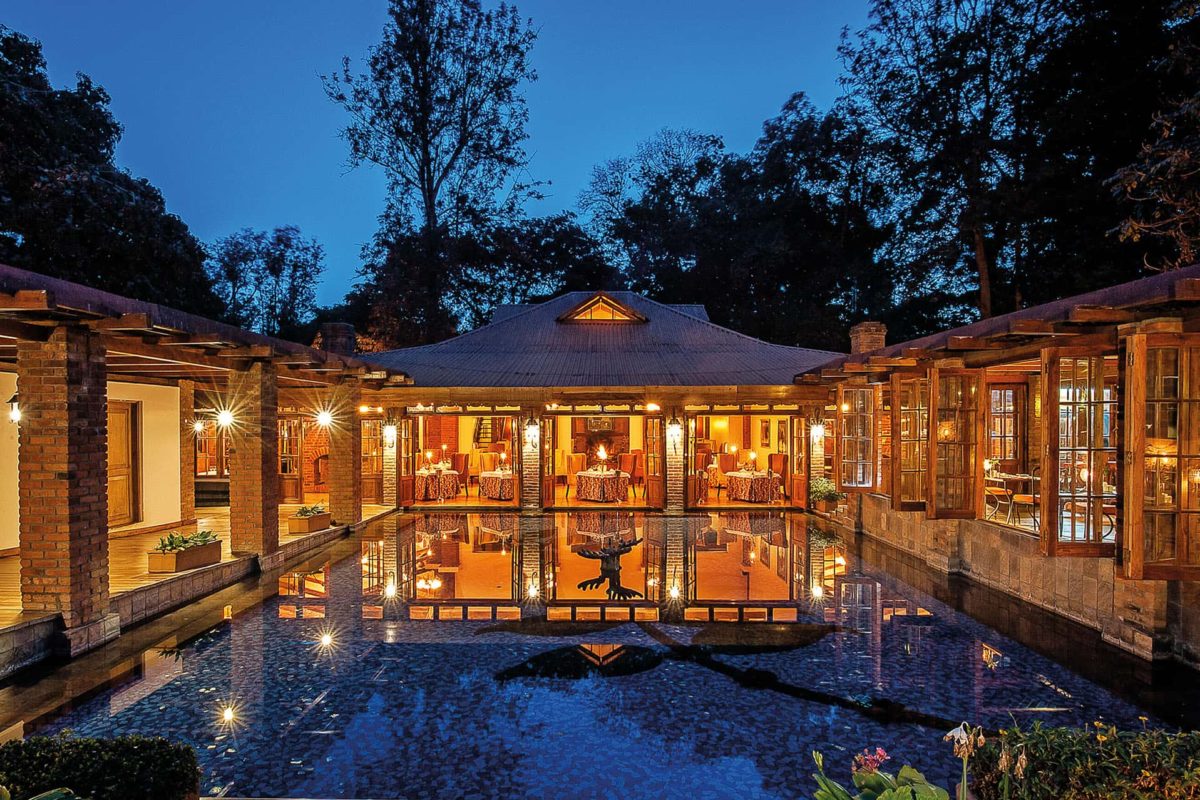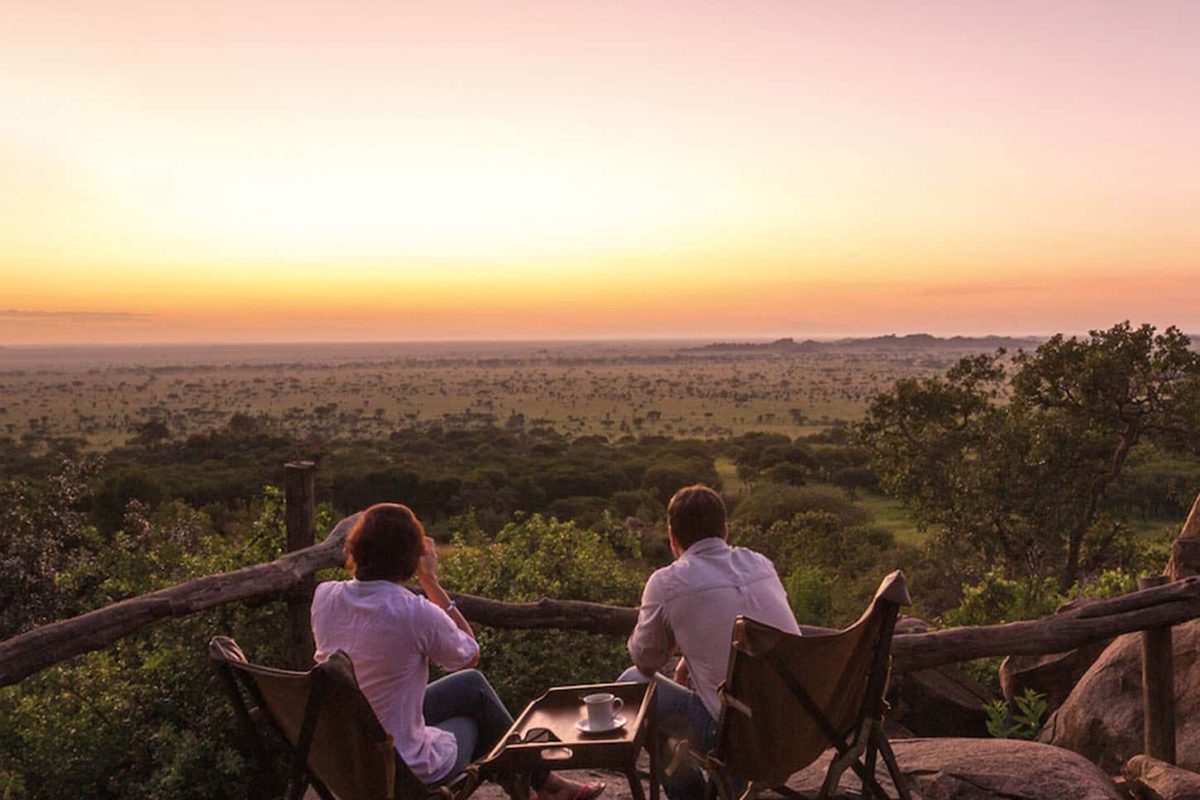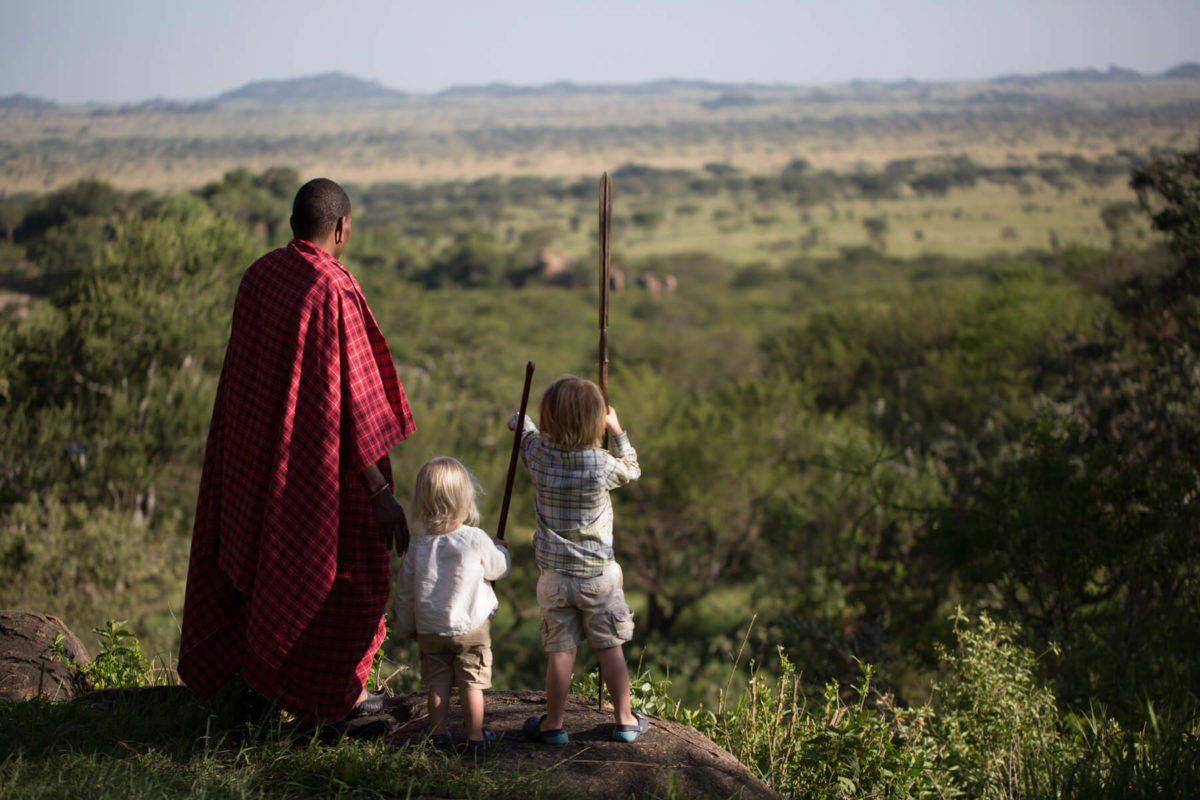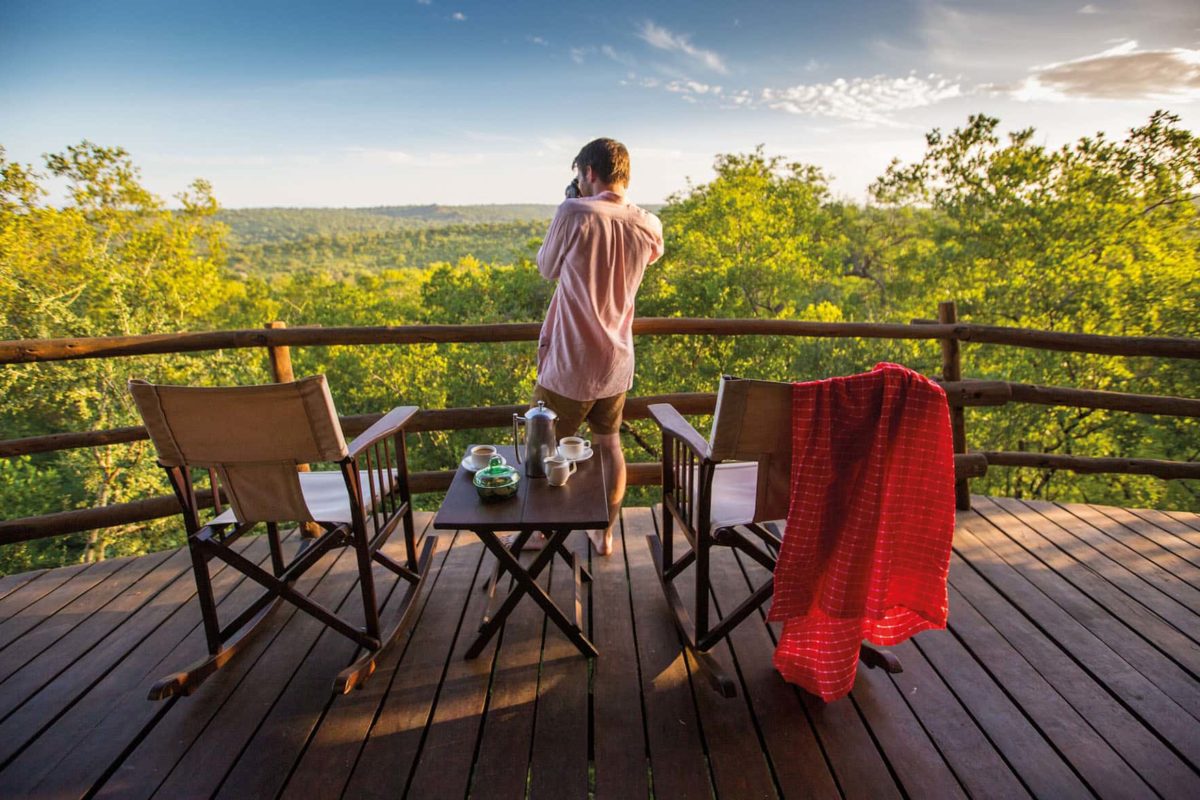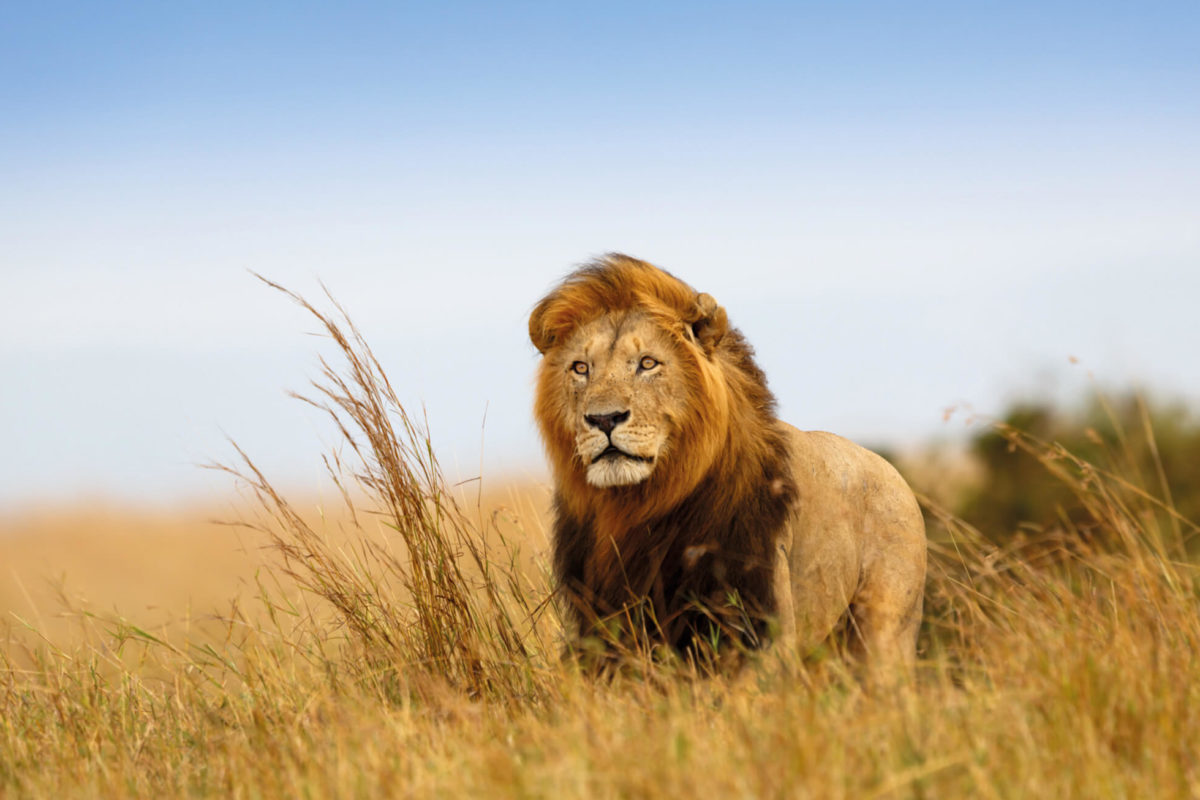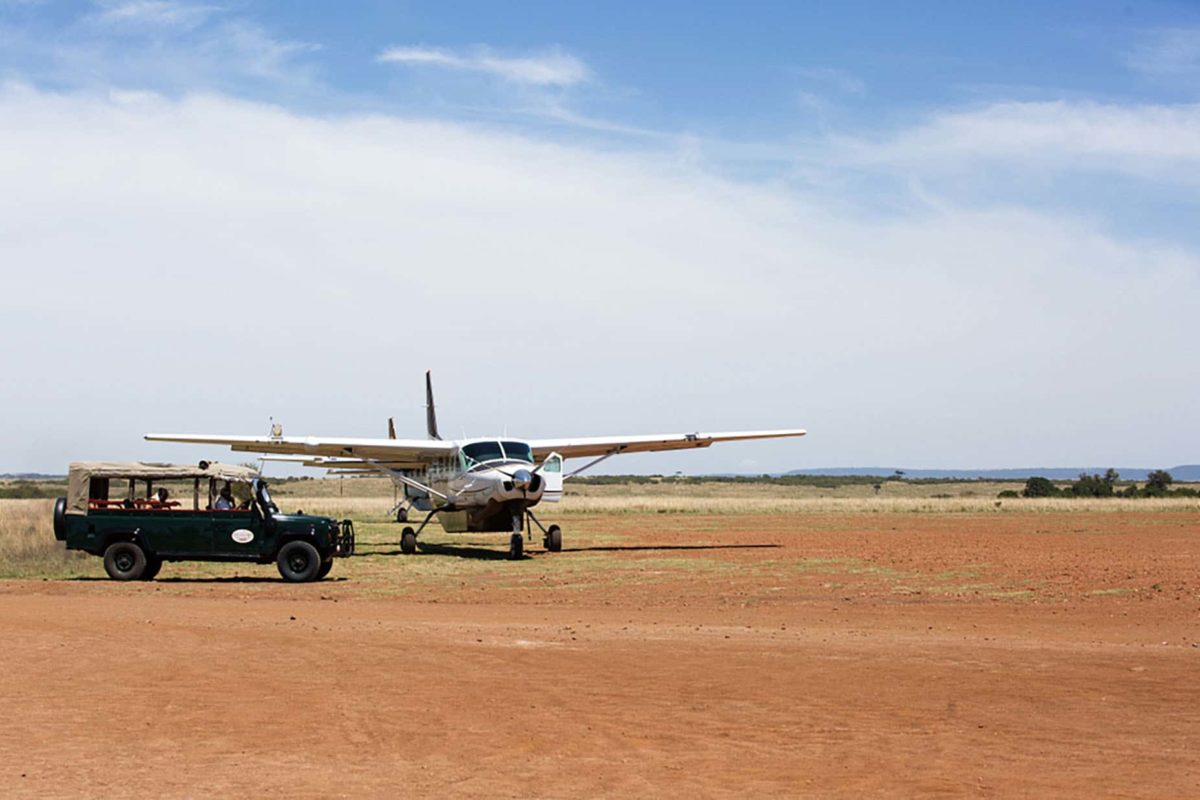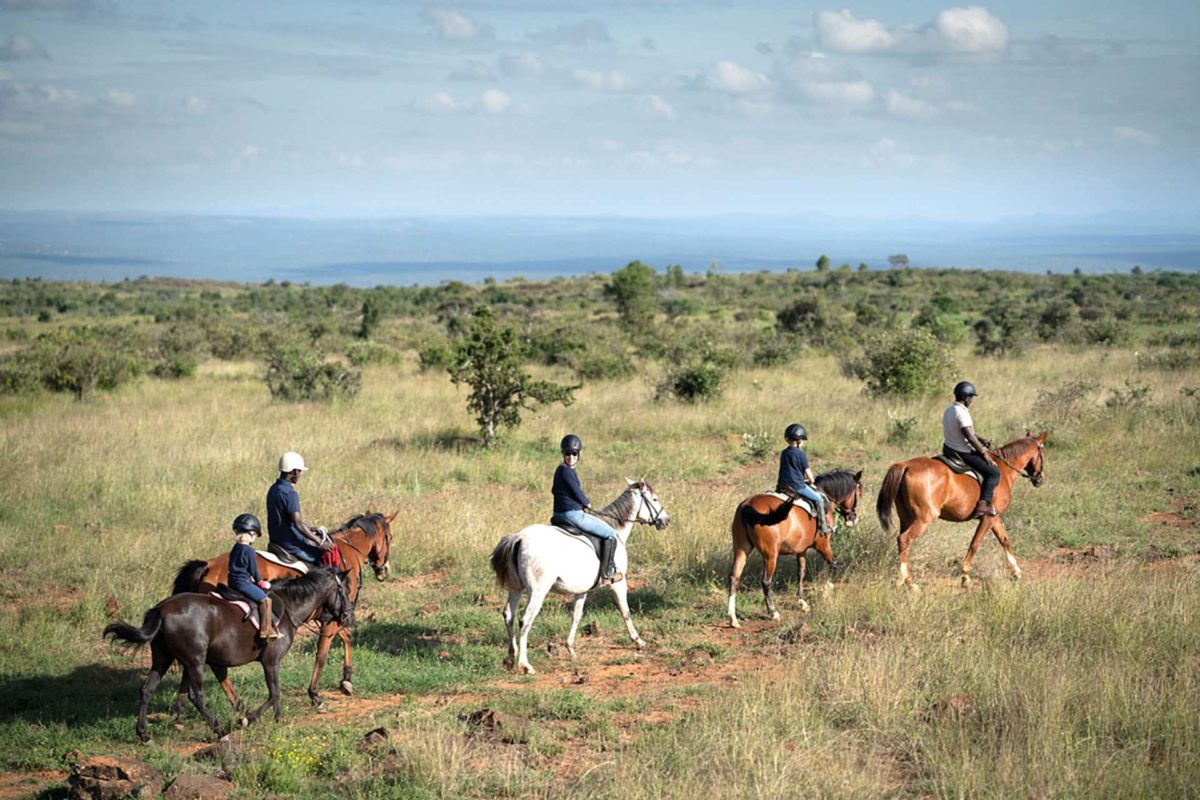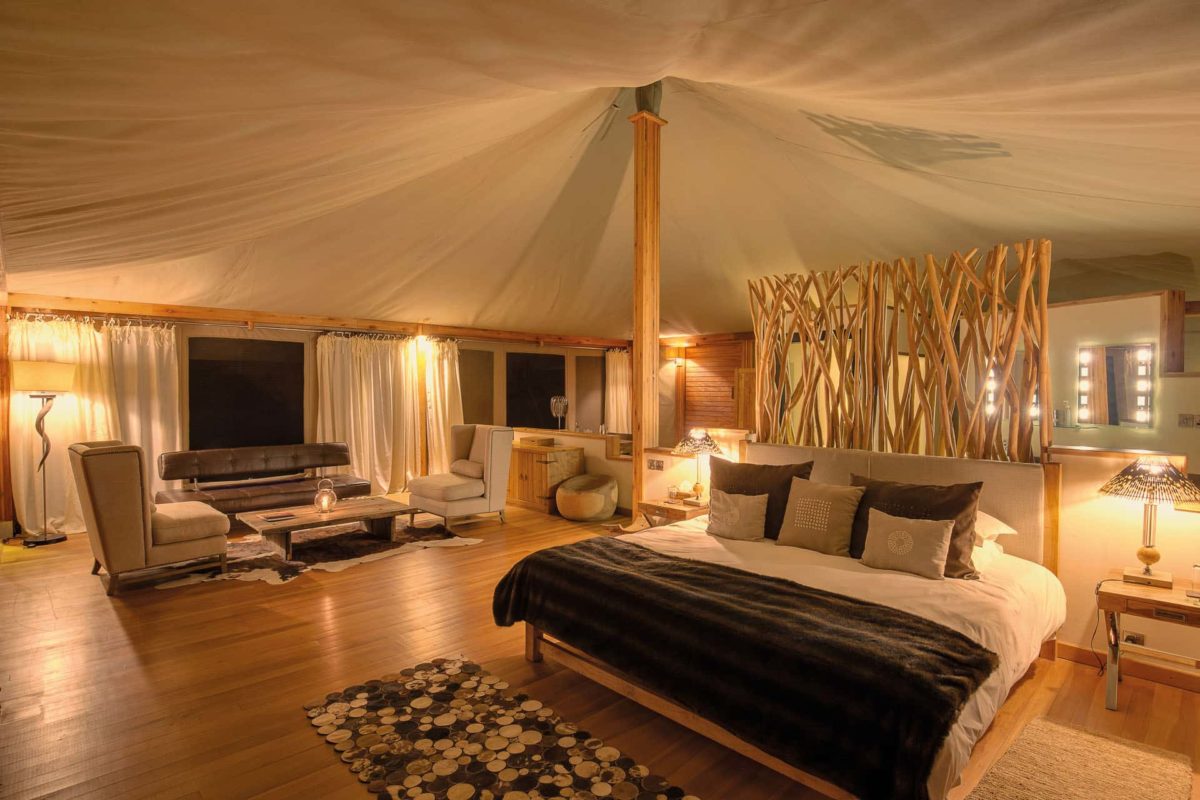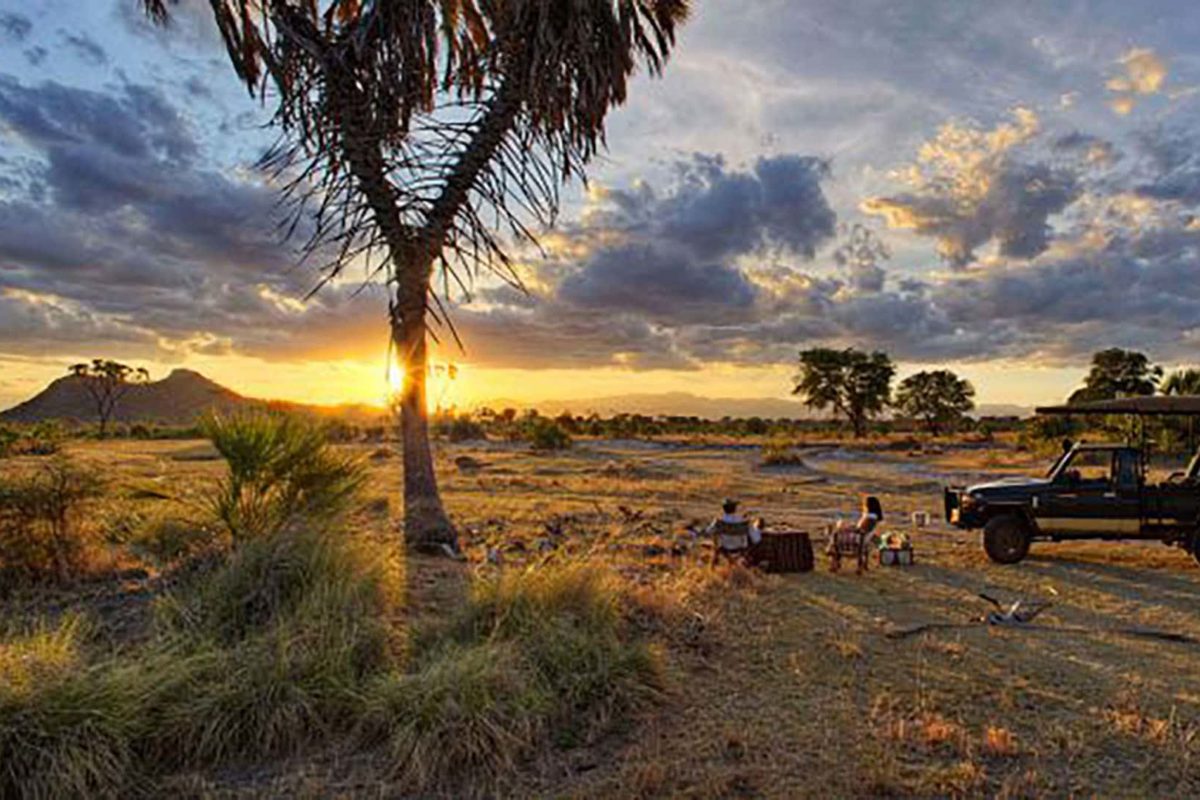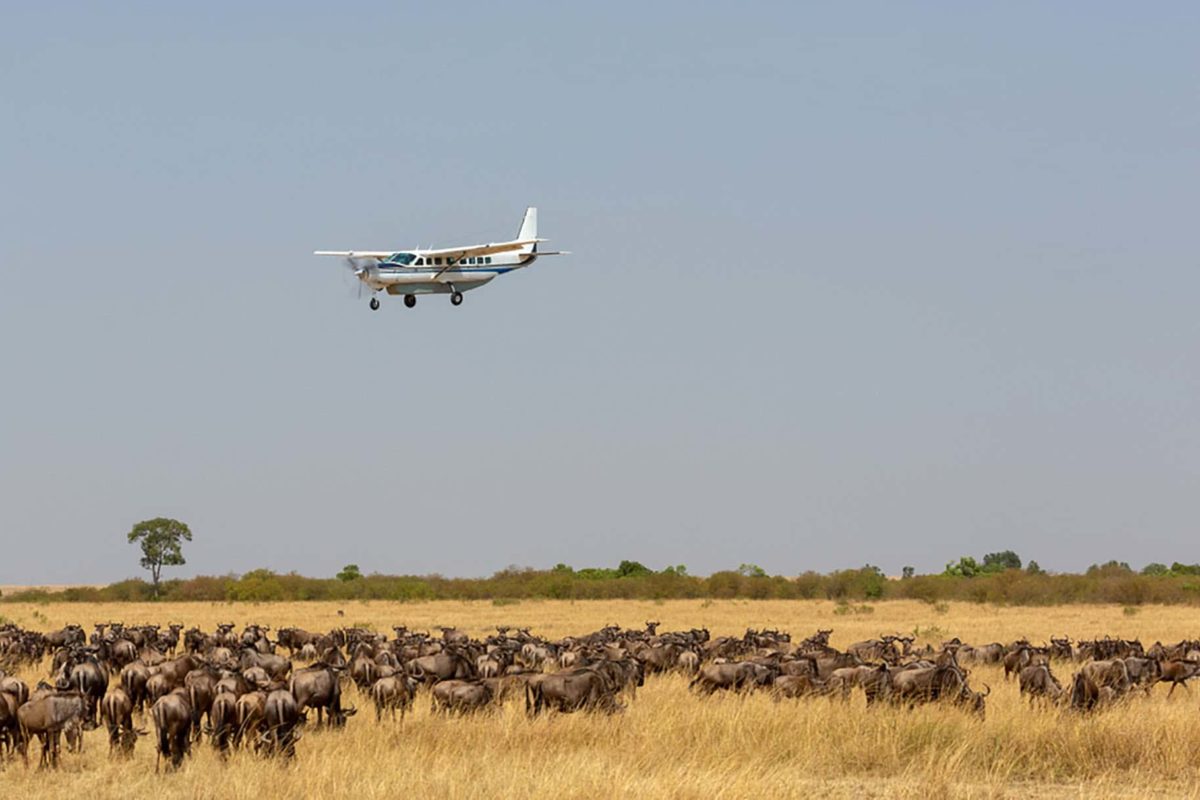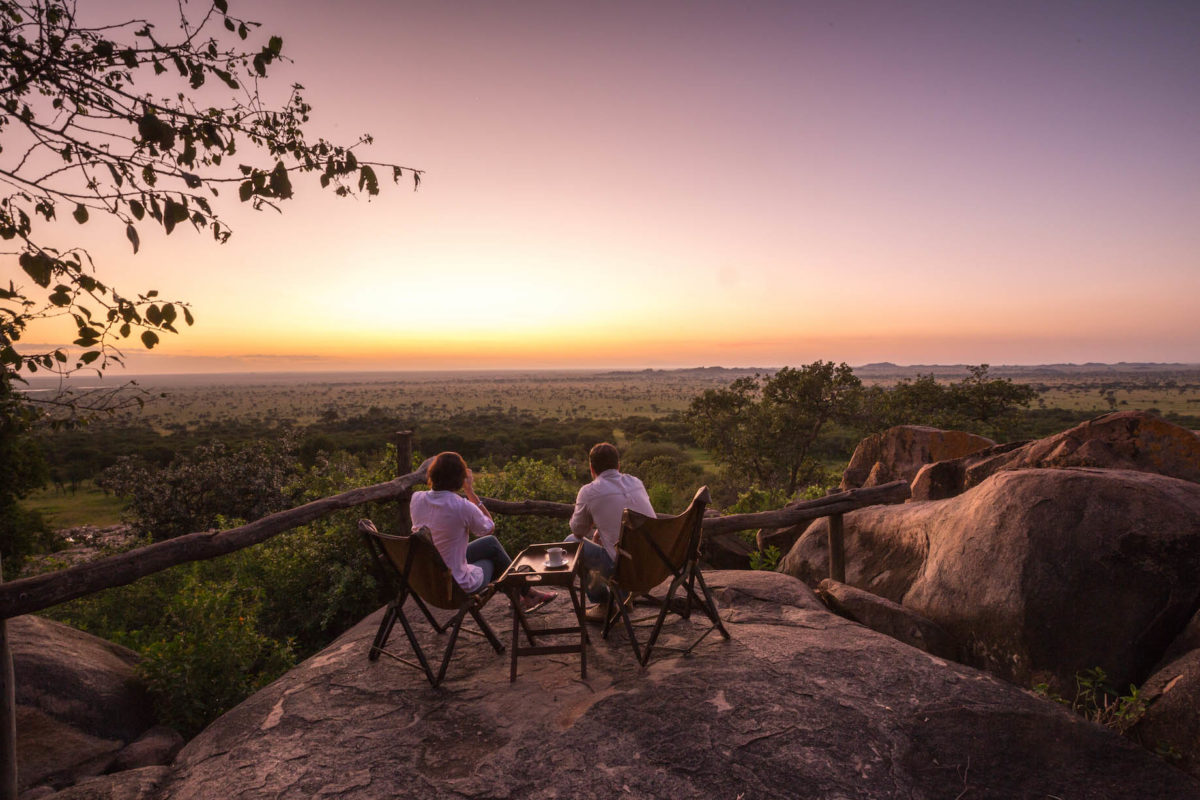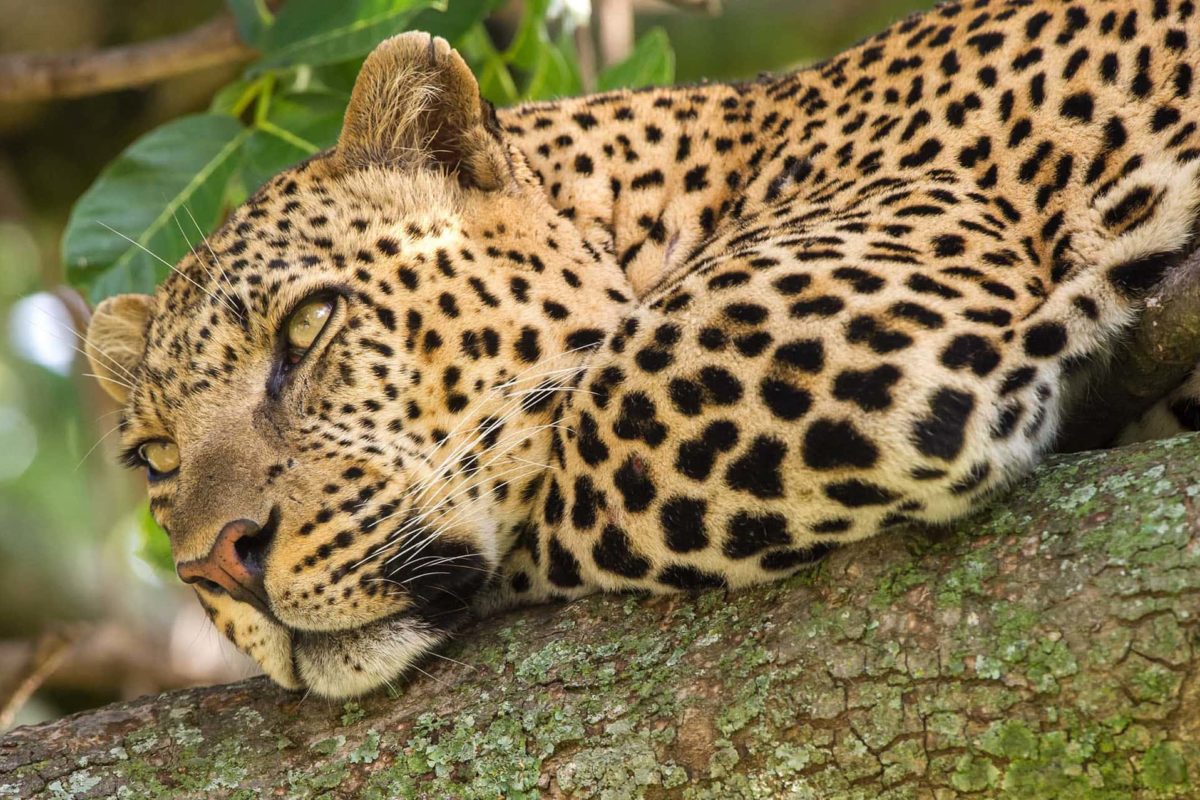Travelling in Tanzania.
Please find below information about travelling to Tanzania. Should you have any specific questions that are not addressed in the details below, please don’t hesitate to contact us at info@skysafari.com.
What to Pack
The maximum weight limit for luggage is 23kg including hand luggage for your Elewana SkySafari. Note that for scheduled flights a weight limit of 15kg applies. Luggage should be packed in soft bags rather than in rigid suitcases. If you are travelling with more than 23kgs of luggage, you can leave your extra luggage at Arusha Coffee Lodge at no extra charge and collect it after your safari. Note that all our Elewana properties provide a free laundry service which can help with the limited weight allowance.
International Airlines do lose or mislay luggage from time to time so we suggest putting any essential items such as a change of clothes/malaria tables/chronic medication in your hand luggage too.
Please read below our suggested ‘Packing List’.
This is not an exhaustive list but is based on what our past guests have mentioned.
Clothing
- Subdued safari colours such as khaki, green, beige and neutral colours (dark blue and black clothing is not practical during game drives but can be worn at the lodges & camps).
- Shirts with long sleeves for a chilly evening and even in summer as protection from the sun & mosquitoes.
- Golf-shirt/T shirts.
- Shorts or light skirts.
- Safari trousers for evenings and cooler days
- A fleece or thick sweater is recommended for early morning and evening game drives.
- Lightweight waterproof jacket.
- Swim and beachwear (swimming is available at each of the Elewana Collection of lodges and camps).
- Comfortable walking shoes (running/tennis shoes are fine).
- Jackets or ties are not required nor any special dress code when dining in lodges & restaurants.
- We suggest that ladies do not wear shorts above the knees or tops that shows bare shoulders in cities, particularly in Muslim areas. The same applies for public areas on the coast of Kenya and Zanzibar.
- Swimwear is fine on the beach or around the pool, but not appropriate in town. Topless sunbathing is prohibited.
Medication and Toiletries
- Sunblock with high SPF 30 or 50. Hat, moisturiser and lip-salve are all essentials.
- Personal toiletries – all our Elewana properties have their own range of complimentary shampoo, conditioner, shower gel and body lotion.
- Malaria tablets if applicable – please seek advice from your physician or local travel clinic.
- Basic medical kit containing plasters, travel sickness tablets, antiseptic cream, antihistamine cream, pain relieving tablets for headaches, indigestion tablets, eye drops, medication for upset stomachs, rehydration sachets and after-sun moisturiser. If you have any allergies i.e. insect stings, or an asthma condition, please make sure you bring enough of your required medication with you.
- Strong insect repellent.
Personal Eye wear
A good quality pair of sunglasses (tinted fashion glasses are not good in strong light) If you wear contact lenses, bring enough solution & a pair of glasses in case your eyes get irritated.
Photographic and Optics Advice
- A good camera with zoom function. 300 mm lenses are adequate for wildlife photography.
- We recommend you bring plenty of memory cards/film and batteries.
- A dust proof bag ensures your camera is safe from the dust whilst on safari.
- A pair of binoculars will enhance your game viewing experience and although your guide will have pairs available to use, you may wish to bring your own. We recommend 8 x 40 as an appropriate specification.
- Please don’t forget to ask permission before taking a photograph of any East African resident. There could be a charge for this. Your guide can assist you, should you need assistance communicating this.
- A small flashlight – although flash-lights are available at each of the Elewana Collection of lodges and camps.
Climate
Tanzania has a generally comfortable tropical climate year-round, but there are significant regional variations. The coast & Zanzibar are warm & humid and can feel sticky throughout the rains. These rains throughout Tanzania are ‘the long rains’ from March to May and ‘the short rains’ from October to December. The northern national parks enjoy a more arid and warm climate. Note that due to the altitude it can be very cold at night at the Ngorongoro Crater during June & July. The coolest months in Tanzania are from June to September and the warmest are from December to February.
Currency
The local currency is the Tanzanian Shilling. You can change money at a bank which you will find at the major airports & towns. ATMs are available there too but note that you can only draw Tanzanian Shillings. Alternatively you can change money at Elewana’s Arusha Coffee Lodge.
US Dollars are widely accepted in sites frequented by tourists. We advise our guests to take spending money in the form of US Dollars cash, bring some small denominations too for tipping purposes. Note that USD bills must be newer than 2006. Credit cards are accepted at larger shops & restaurants but note that often a surcharge (approximately 5%) is levied. Note that Elewana does not apply this policy, there is no surcharge levied on any credit card payments.
Visas & Passports
Most nationalities can obtain their Tanzanian visa upon arrival at a fee. Make sure you bring US Dollars in cash in US $20 and US $50 bills to pay for your visa.
Upon arrival, all guests arriving are required to:
- Queue for a Government Control Number
- Queue to pay for the visa at the bank
- Queue for immigration to confirm and issue the visa
In order to avoid any delays on arrival, we strongly advise that you purchase a visa online prior to arrival. Online visa applications can be completed 2 – 3 weeks before travel via https://eservices.immigration.go.tz/visa/
When applying for your visa in your home country you might be asked for means of financial support, please fill in “Pre-arranged by UK/US (or any other country) Operator.”
Note that obtaining the correct visa is every traveler’s own responsibility so we advise you strongly to check with your local Tanzania Embassy for the latest regulations before arriving in Tanzania.
Please note that your passport must be valid for at least 6 months after your departure from Tanzania. You need at least 4 unused consecutive blank pages.
We recommend making copies of all important travel documents. Should you lose a travel document, a copy will speed up the process of acquiring a replacement document. Leave one copy at home and put one copy in your main luggage.
Entry Form
You might be asked to fill in an Immigration Form either in the plane just before arriving, or upon your arrival. When asked for a local address, please fill in:
SkySafari Sopa Plaza,
99 Serengeti Road,
Arusha,
Tanzania
Tel: +255 754 250 630
COVID-19 Travel Guidance
All passengers from countries or travelling with airlines that require a negative Covid-19 test will be required to show this on arrival into Tanzania. Health form will need to be completed on arrival into Tanzania. Screening for COVI D on arrival but NO quarantine. Travellers with symptoms may undergo testing.
Visas - Travelling to Zanzibar
When Zanzibar is your first entry point into Tanzania, you will have to either buy or show your Tanzanian visa upon arrival. If you are flying from mainland Tanzania to Zanzibar, you do not need another visa but you may have to show your passport upon arrival in Zanzibar.
Health
We advise against drinking water from the faucets. Mineral water is available in all shops & restaurants and in all the Elewana lodges and vehicles. We recommend that you use mineral water too for brushing teeth. Life on safari can be tiring from time to time. A different climate, different food & water could lead to dehydration. From the day you set foot in Africa we would suggest that you drink more water than you are used to.
Sun
The sun close to the equator is strong so please wear a hat & apply sunscreen frequently.
Yellow Fever Certificate
Note that it’s obligatory to show a Yellow Fever Certificate upon entering Tanzania/Zanzibar if you have come from a Yellow Fever infected area. If you are travelling direct to Tanzania without passing through such areas, it’s advisable but not obligatory to have a Yellow Fever vaccination. If you can not have the Yellow Fever Vaccination for medical reasons, ensure that you carry a signed letter from your medical practitioner with you upon entering the country. It is every traveller’s own responsibility to obtain the correct vaccinations which will allow you entry into Tanzania – please check with your local travel clinic or physician for up-todate advice.
Required Vaccinations
Please consult your physician or local travel clinic for an up-to-date list of required vaccinations for travelling to remote places in Tanzania.
Malaria
If, despite taking recommended drugs, you feel unwell and feverish, seek medical advice.
Travel Insurance
Medical Evacuation insurance is included in all our Elewana safaris. Note that this insurance is not a complete Travel Insurance, it only covers medical evacuation in case of a medical emergency. It is a booking condition that all our guests have valid Travel Insurance, please check that you are covered for medical emergencies, curtailment of your trip due to unforeseen circumstances & loss of belongings. Ensure proper insurance for your camera/video equipment.
Electricity
Electricity in Tanzania is 240 volts AC, 50 Hz. Plugs are UK Standard plugs (rectangular 3-pin). All Elewana properties have adaptors for your use in each room. Elewana Lodges run on either generator or solar power which allows for 24-hour electricity.
Internet and cell phone reception
All Elewana properties have free Wifi internet access in the communal areas of the lodge. There are some restrictions to the speed in some areas but the download capacity is more than capable of managing email and social media access. The mobile phone network in Tanzania is extensive but in more remote areas, where you are on safari there is likely to be a weak signal.
Tipping
We often get asked ‘what should we tip?’ The simple answer is that you should tip as you wish, with no obligation whatsoever. What we do say is that tipping is very much welcomed and is normal here in Africa, and our staff very much appreciate any extra contributions. Once again we say that you should only tip as a reward for excellent service. It is customary to tip 10% of your bill & 10% of the taxi fare to taxi drivers. It is also customary
to tip local guides for excellent service.
Suggested amounts:
- US$10-15 per person per day for general staff
- US$10-15 per person per day for guides
So if there are 3 of you travelling together, we would suggest tipping your guide between US$ 30-45 in total per day.
Each Elewana property has a ‘tipping box’ for a discrete contribution to your camp, lodge or hotel staff. Any staff member more deserving for excellent service may be tipped individually/separately and as for tipping your driver guide, we suggest that this is done separately.
International Flights
Please give details of your flight leaving Kenya to our SkySafari Representative. Reconfirming flights on your behalf is part of our service.
Wild Animals
Please note that all wild animals can be dangerous and you should not wander off on your own whilst on safari. After dark you will be escorted to your room, please do not walk alone. Always listen to your guide and follow the instructions carefully. No animal is tame and must at all times be treated with respect and not approached unless with an authorized professional guide.
Language
Kiswahili otherwise known as Swahili is the ‘lingua franca’ of East Africa, including Zanzibar. English is widely spoken in Tanzania, particularly in tourist centers, lodges and main cities.
Breathtaking Adventures
Kenya Safari
Tanzania Safari
East Africa Safari
Any questions?
We’re committed to making your SkySafari the adventure of a lifetime as well as helping to safeguard the African wilderness for future generations. Want to know more about how we do both? Get in touch with our expert team for your safari bookings in Tanzania.
